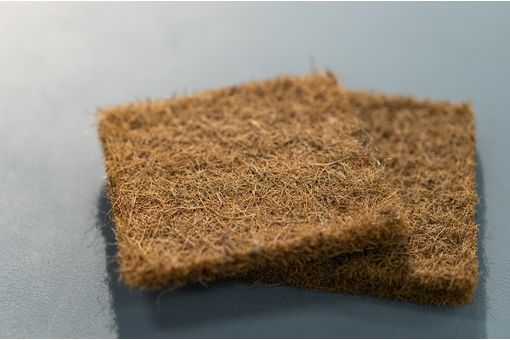'Need to uphold garment workers' rights'
These three companies are reflective of one of the most welcome trends in the industry - the improved company knowledge of suppliers. Knowing suppliers is critical to a strong labour rights management system. If companies don't know or don't care who their suppliers are, then they cannot ensure that workers are not being exploited. In 2013, only half of companies had complete knowledge of who their suppliers were at the final stage of production (the manufacturing or 'cut, make and trim' suppliers). This has since increased to 70 per cent. When the focus is on those companies that have been assessed across all three reports, the proportion rises to an impressive 94 per cent.
It is clear that the industry is also increasing its efforts to know suppliers deeper into the supply chain. In 2013, 41 per cent of companies had engaged in some effort to know their input suppliers (e.g. where their fabric is produced), this has now increased to 79 per cent.
However, there is still much to be done. Only 31 per cent of companies knew more than 75 per cent of their input suppliers, and at the next tier down - at the raw materials level - only 5 per cent of companies knew who all of their suppliers were.
Continuing to improve traceability will remain one of the most important challenges for the industry. While inputs and raw materials sit outside the purview of companies, the worst forms of worker rights abuse (including forced and child labour) will continue to remain prevalent in these parts of the supply chain.
One of the chief concerns for garment workers around the world is their wage. Minimum wages are so persistently low in most developing countries that workers remain trapped in a cycle of poverty. It is a welcome improvement then, that the amount of companies able to demonstrate that some portion of their workers were earning significantly above the minimum wage had increased to 32 per cent, up from 14 per cent a year before.
In grading companies, the Australian Fashion Report looks at four key elements of the labour rights management system: Policies, Knowing Suppliers, Auditing and Supplier Relationships, and Worker Empowerment.
Baptist World Aid Australia emphasized that it does not do site inspections of factories. Therefore, its ratings are not an assessment of actual conditions on the ground, but rather an analysis of the strength of a company's labour rights systems. It relies on data that is publicly available, alongside evidence of systems and practices that are provided by companies to conduct our assessments.
Baptist World Aid Australia says it believes in the positive impact that the fashion industry can have. The industry generates over a trillion dollars of export revenue, predominantly for low and middle income countries. The fashion industry is playing a substantial role in reshaping nations and helping communities lift themselves out of poverty, it said. (SH)
Fibre2Fashion News Desk – India
































-Ltd..jpg?tr=w-120,h-60,c-at_max,cm-pad_resize,bg-ffffff)





.jpg?tr=w-120,h-60,c-at_max,cm-pad_resize,bg-ffffff)
.jpg?tr=w-120,h-60,c-at_max,cm-pad_resize,bg-ffffff)






